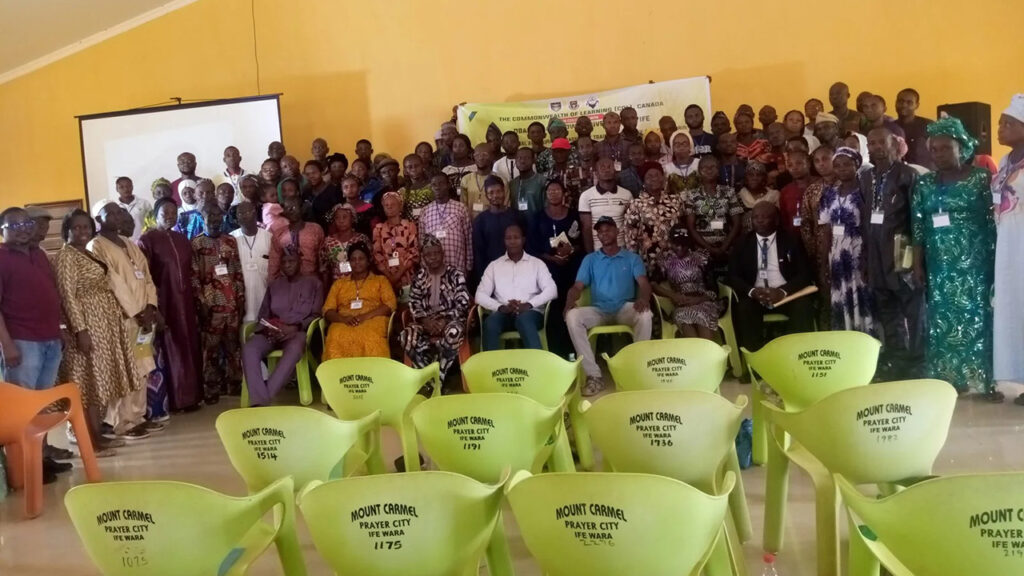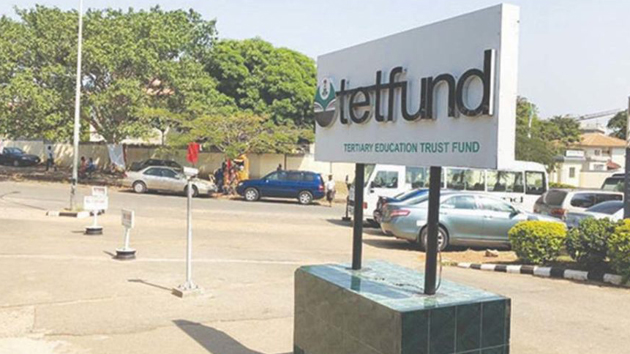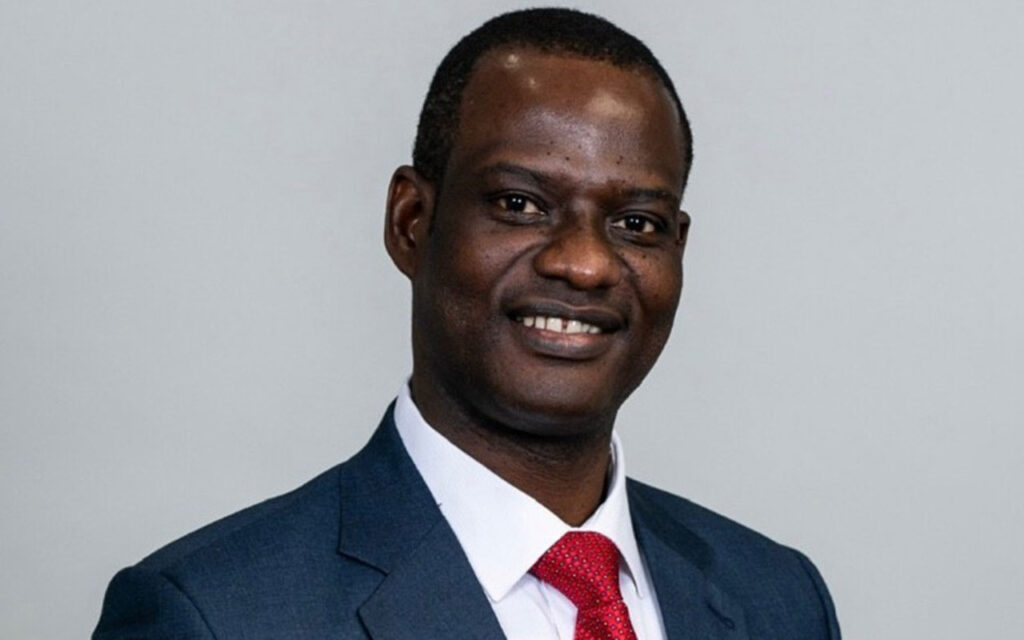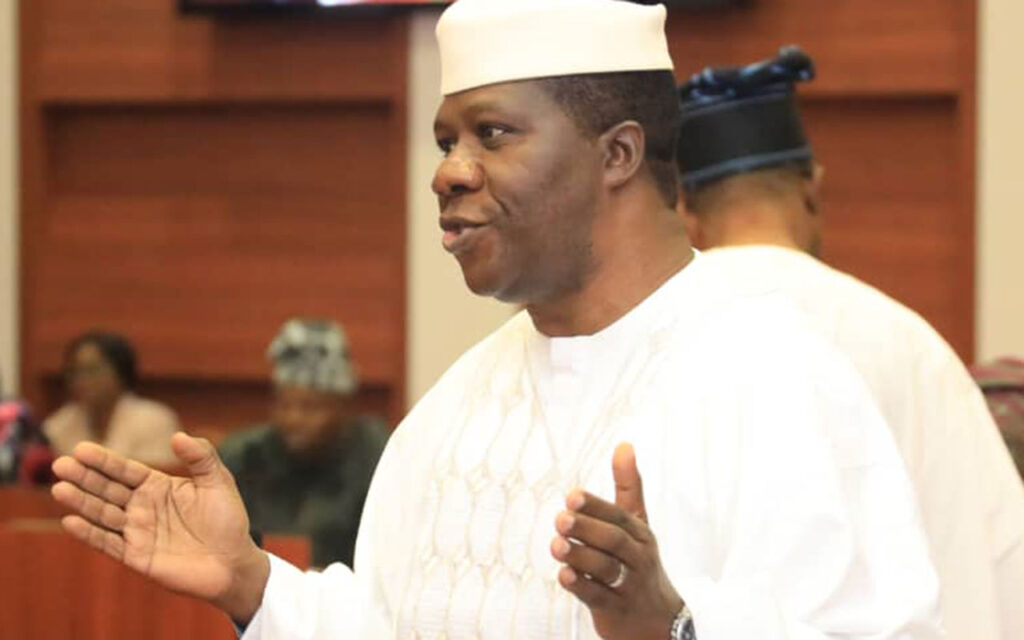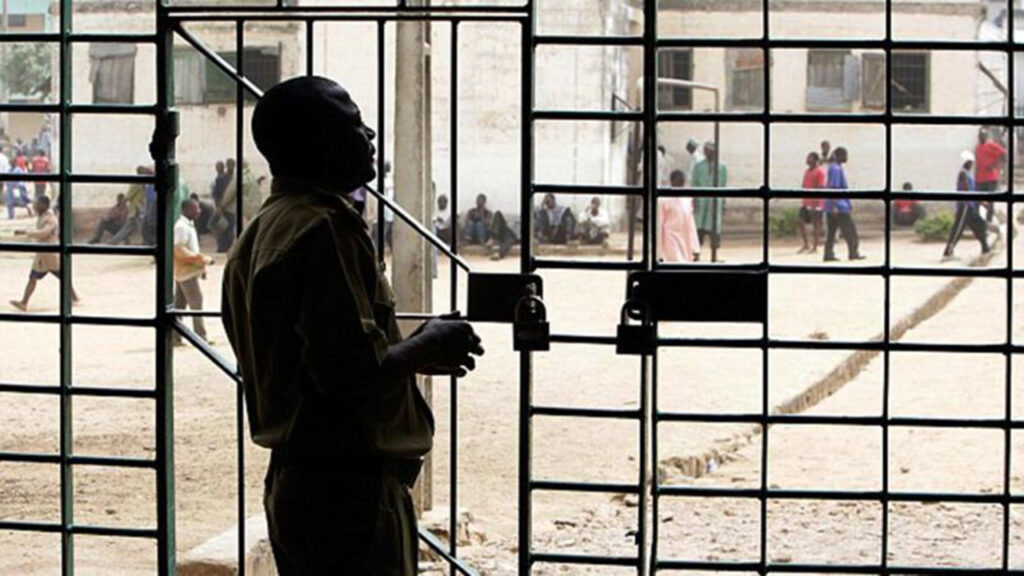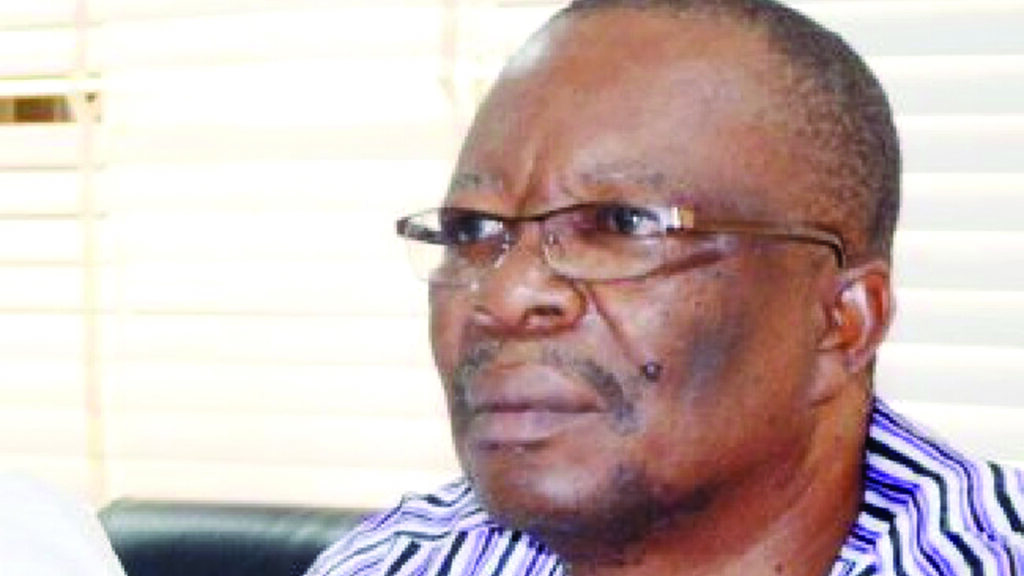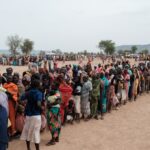
A Don, Prof. Adeolu Ayanwale, on Friday urged both the Federal and state governments to prioritise digital training for farmers, as a panacea to food insecurity nationwide.
Ayanwale, a Professor of Agricultural Economics at the Obafemi Awolowo University (OAU), Ile-Ife, Osun State, made the appeal during a training and capacity development workshop organised by the Commonwealth of Learning, Canada.
The workshop was organised in collaboration with the Obafemi Awolowo University, Ile-Ife and the Agricultural and Rural Management Training Institute (ARMTI), Ilorin.
Ayanwale said that digital training had become a necessity to ensure improved and increased agricultural production.
“Digital training simply means teaching farmers how to use digital tools on their farms and in various phases of their crops’ value chain – crop production, crop growth and development, crop marketing, etc.
“The federal government should embrace teaching farmers how to use digital devices such as phones, radio, internet for production and marketing, such that they can begin to market their produce on WhatsApp, Instagram, Facebook, and Twitter among others.
“This will go a long way in helping to improve and replicate for youth and women farmers, how to improve their farms’ productivity and eventually enhance the food security of the nation
“This is a training that the federal government should be interested in, for food inflation is more than 40 percent now, which is not really helpful for the citizens.
“But when we build capacity in this situation, and each and every one is able to produce enough food, the food inflation would come down, then there would be achievement of zero hunger, which is the Sustainable Development Goal 1 (SDG), so that nobody would go hungry.
Ayanwale said further that the workshop had the theme, “Scaling-up Lifelong Learning for Farmers on Digital Agricultural Solution for Vegetables Farmers in Southwest Nigeria towards Achieving the SDG.”He said that since the start of the workshop series in March 2023, over 500 train-the-trainers had been trained intensively and empowered to go back to their communities to step-down the training.
“We have trained over 500 arable crop farmers, but mostly vegetable farmers, in three phases of the workshop. The fourth phase will be coming up in August 2024.
“Our training is all-encompassing as we train the farmers on how to plant, grow, preserve, package, harvest, transport, market and export their produce. Also, we talk about developing a savings culture, accessing financial support from the Bank of Agriculture (BoA), etc,” he said.
Ayanwale, who is the workshop’s Convener, said that apart from other arable crop farmers present at the workshop, the training was to build the capacity of, especially, youths and women in vegetable production, such that they are trained on nursery, operations and agronomy of tomatoes.
According to him, the farmers’ production will increase by technical training given to them on tomato nurseries and digital marketing of the farm produce for them to enhance their incomes.He added that the workshop focused a little more on tomato and vegetable farmers because these crops are underserved in Nigeria in spite of their nutritious nature, unlike arable crops like maize, yam, cassava, etc.
Ayanwale said that at the end of the training, farmers are empowered with nursery trays, potted soil, improved tomato and leafy vegetable seeds and funding.
Also, Dr Olufemi Oladunni, the Executive Director, Agricultural and Rural Management Training Institute (ARMTI), Ilorin, urged the vegetable farmers to adhere to the training given to them on spacing in applying fertilisers to their plants.
Oladunni charged them not to apply fertiliser during the rainy season and to grow agro-ecological friendly by making use of organic manure at times rather than regular usage of inorganic fertiliser.
“What we are trying to do is to develop farmers by capacitating them, so that they can produce more for their immediate family, neighbours and nation at large.
Also, Prof. Kemi Idowu, from the Department of Soil Sciences & Land Resources Management, OAU, said that they observed that farmers had challenges with climate change, especially with management of soil water and fertility.
Idowu advised the participants to make use of training on method of water application, nursery management, using plastic pots, shade, low tent shade for raising their seedlings.
She said that with the training given to the farmers, they could now identify types of fertilisers and the methods of applying them, adding that they could also prepare their own compost manure.
One of the participants, Mrs Opeyemi Olaobaju, appreciated the organisers of the workshop, pledging that they would use the training and money given to them judiciously.

